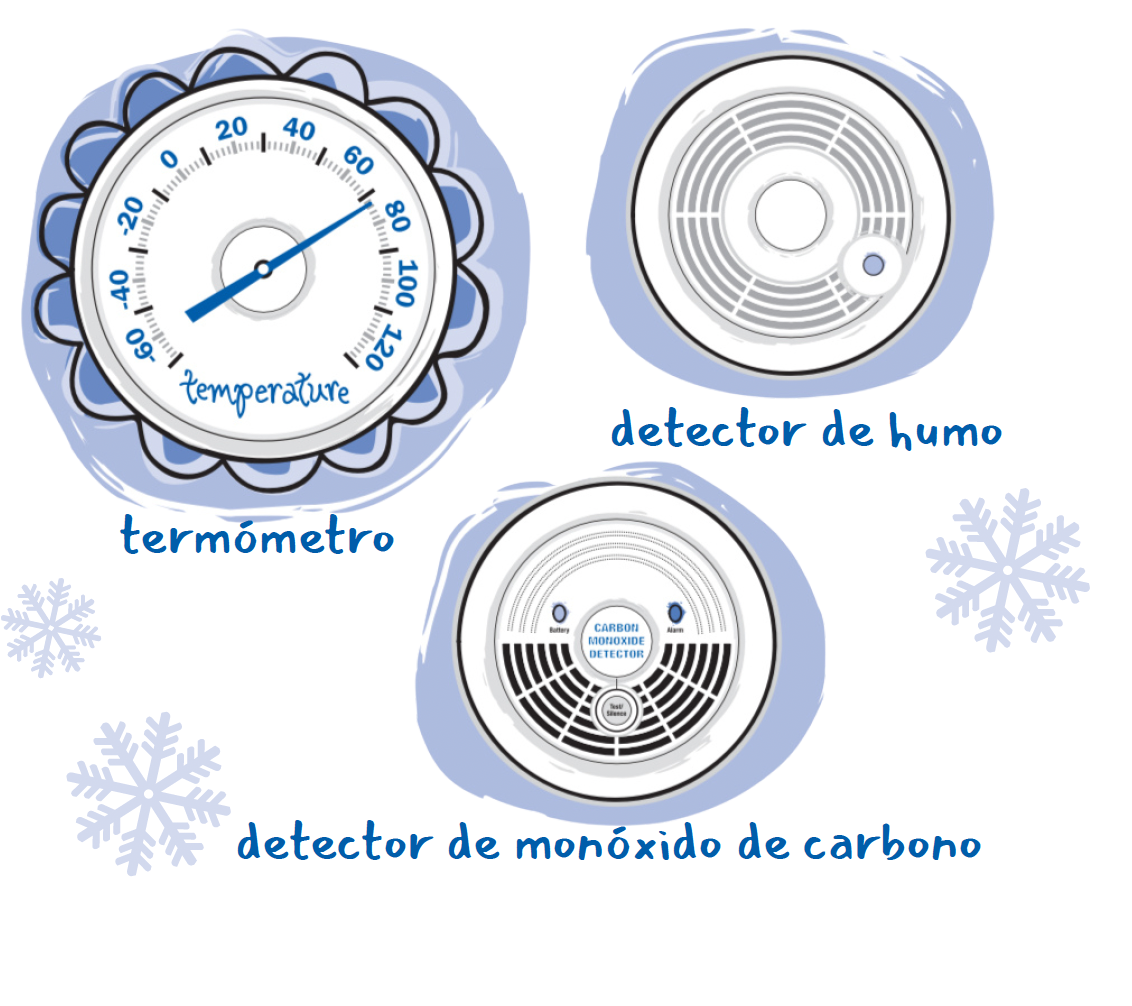Dubuque - Language Justice and Translating Extreme Weather and Public Health Information
Graduate students from the Division of World Languages, Literature, and Cultures enrolled in the class “Language Justice: Community Engagement” addressed the role of language in civic life. They focused on the experiences of two Dubuque micro-communities--recent immigrants from the Marshall Islands and Guatemala.
As Dubuque's population becomes more diverse and includes more people whose first language is not English, how does the city provide information that allows and encourages them to participate in civic life. By talking with various stakeholders in the city, including members of the Marshallese and Guatemalan communities, nonprofit leaders, and city workers. The students focused on the inherent power dynamics involved in language and identified ways for communities to be more aware of their language choices in official correspondence, signage, contracts, and more.
As we enter an era when AI can translate many documents, we cannot lose site of the human dynamics involved in language dynamics. In particular, this group of graduate students emphasized the crucial cultural translation that occurs in many immigrant communities. They focused on the roles played by people who translate important documents within a community, e.g., translating a rental lease from English to Marshallese, and who also translate customs and norms in both directions--from a micro community to power holders in the greater community.
The students began the first phase of work on a Language Justice Toolkit. The Toolkit will provide examples of how language can be used to include or exclude people, the power that some languages hold--not just in one's ability to speak it but to speak it fluently, and guidance on building bridges with micro-communities that do not have English as a first language. They developed a language justice framework that they hope will help decision makers and those in power to understand the unique role of language in power dynamics and ways to negotiate and alleviate this.
As part of their work with Dubuque's Office of Sustainability, the class translated severe weather and immunization information into Spanish, first using AI and then fine-tuning the language. The information will be shared digitally and in paper form to Spanish-speaking households.
